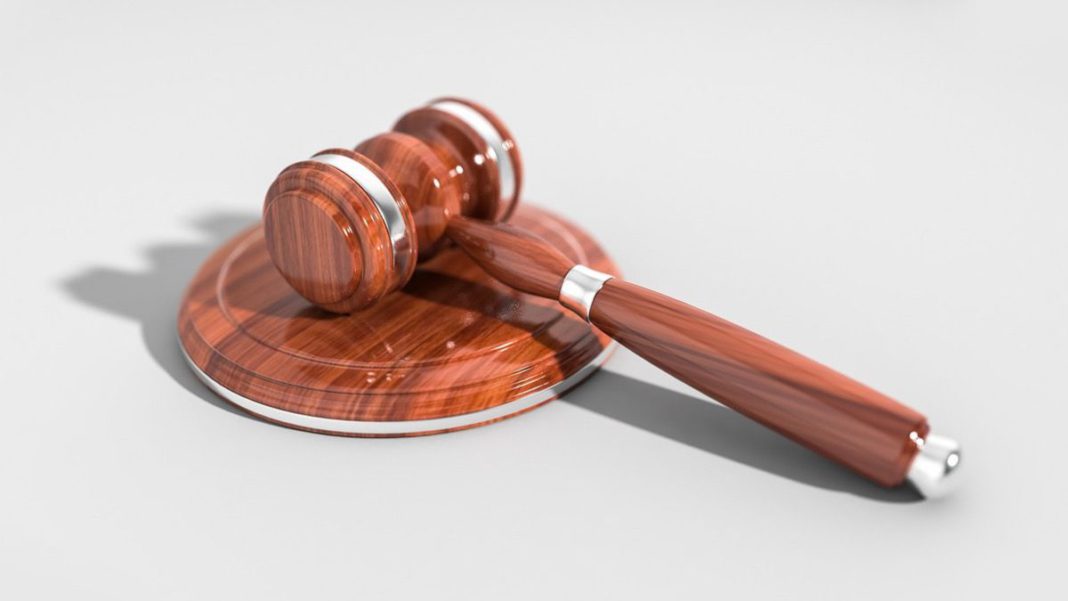INDIA: All cases of violence against women that occurred in the northeastern state of Manipur over the course of three months of sectarian fighting are to be monitored by the Supreme Court of India.
On August 7, Chief Justice of India (CJI) D.Y. Chandrachud announced in open Court that the Supreme Court would appoint an all-female committee made up of Justices Gita Mittal, Shalini Phansalkar Joshi, and Asha Menon, three former High Court judges, to monitor relief efforts, rehabilitation, compensation, and healing for Manipur, which has been devastated by violence. The committee will be led by Justice Mittal.
The Supreme Court has appointed Justice Mittal, an ex-judge of the Bombay High Court, and Justice Menon, a former Delhi High Court judge, to direct the probe and report back to the Court. The supervisory officer is Dattray Padsalgikar IPS, a former Maharashtra DGP and Mumbai Police commissioner.
The top court has been given the instructions for the judicial committee and Dattatray Padsalgikar to each provide their own reports. Between May and July, Manipur had a total of 6,523 FIRs filed. To look into the incidents, the Manipur government announced that 42 SITs would be formed.
The Centre informed the Court that it had chosen to give the CBI control of 11 FIRs involving sexual assault. In order to ensure that there is a sense of trust and an overall feeling of objectivity in the probe, the Court stated that it will also add 5 officers from other States with at least the rank of Deputy Superintendent of Police (DySP).
The Court declared that it would order the DGPs of six additional States to appoint six officials with the rank of DIG to oversee the activities of six SITs in each of their respective states.
According to CJI Chandrachud, moving the trial now when the inquiry stage is still open would be premature. According to him, the committee led by Justice Mittal and former IPS officer Dattatray Padsalgikar will be asked to provide the Court with status reports.
The committee led by Justice Mittal must have proper security, according to another direction from the Court that the SG must carry out.



